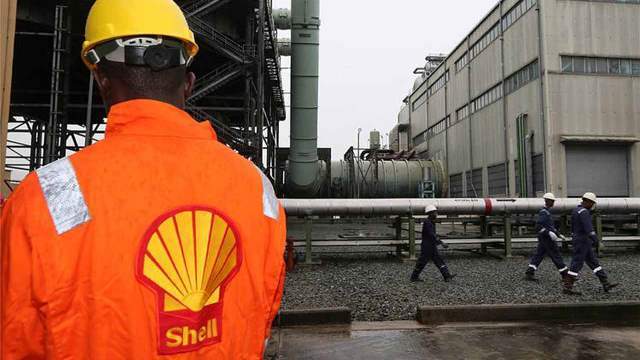(S&P Global Platts) Royal Dutch Shell PLC is wrapping up a volatile year with caution as its fourth-quarter financial results may include a write-down that could put the company’s total impairment charges for 2020 at close to $22 billion. The latest write-down news, while no surprise to the market, could make a recovery in the Anglo-Dutch oil major’s ailing stock price that much more difficult, analysts said.
Shell warned Dec. 21 to expect lackluster results from its most profitable segment — its trading unit — which makes it difficult to value Shell “highly,” Paul Sankey from Sankey Research said.
Shell also disclosed it will take up to a $4.5 billion posttax charge in the fourth quarter related to natural gas contracts, its Appomattox field in the U.S. Gulf of Mexico, and the whittling down of its refinery portfolio.
“Shell chucked another $4.5 billion on the raging writedown bonfire. The company is complaining about ‘onerous contracts.’ Terrible job by management,” Sankey said in a Dec. 21 note to clients. “This company has been a horror story for investors. We look at Shell at the very bottom of valuation charts and we remain stone cold.”
Shell is in the process of an organizational restructuring that goes hand-in-hand with its transition away from the traditional oil business to become a net-zero emissions energy company by 2050. In 2019, Shell announced its ambition to become the largest power company in the world; since then, the Anglo-Dutch major and many of its peers have set ambitious emissions reductions targets.
Moody’s Senior Vice President Sven Reinke said that while the latest write-down puts Shell’s total impairments above $20 billion for 2020, they are noncash charges “that are not overly material when compared to Shell’s total asset base of $379 billion in Q3 2020.”
“However, Shell prepared the market for the disappointing Q4 2020 results, which could result in continued negative rating pressure,” Reinke said in a Dec. 22 email.
The PRICE Futures Group analyst Phil Flynn said the write-downs may bring short-term pain to Shell’s stock price, which dropped more than 6% on Dec. 21, the trading session following the latest impairment news.
“Shell stock had been in a recovery mode but may struggle on a new strain of COVID-19 concerns. Yet, the outlook for their LNG business looks a lot brighter in the next few years. I see Shell as a hold, leaning towards a buy,” Flynn said in a Dec. 22 email.
As part of its plan to reduce its refining footprint to fewer than 10 sites, Shell will instead focus on new and expanding LNG markets under the integrated gas segment.
Sankey, however, remains less optimistic about Shell’s LNG plans, including its existing and very expensive Prelude floating LNG project that was included in its second-quarter write-down.
“The project cost around $15 billion. We could have told you it would have been a disaster because mega floating LNG is a terrible idea — and the massive vessel now sits offshore North West Australia with no power — at least last we heard it had no power,” Sankey said.



